Mathcurious Recommends!
Our favorite card and board games.
We are all spending a lot more time at home lately and many of us are trying to find ways to entertain and challenge our children. A great way to do that is by playing card and board games that help develop skills and encourage learning.
We have put together a list of our favorite math games that teach concepts, improve working memory, sharpen mental maths skills and enhance strategic thinking. They can be played well with family and they offer tons of fun.

Ages 10+ Players 2-4 Math Concept: Multiplication, Prime numbers
An excellent way to practice prime numbers, factors, and multiples. The game can be played by younger children that have not mastered their multiplication facts yet. A colorful and interesting game that improves strategic thinking. Prime Climb is engaging and challenging for children and adults.
tri-FACTa -Addition and Subtraction
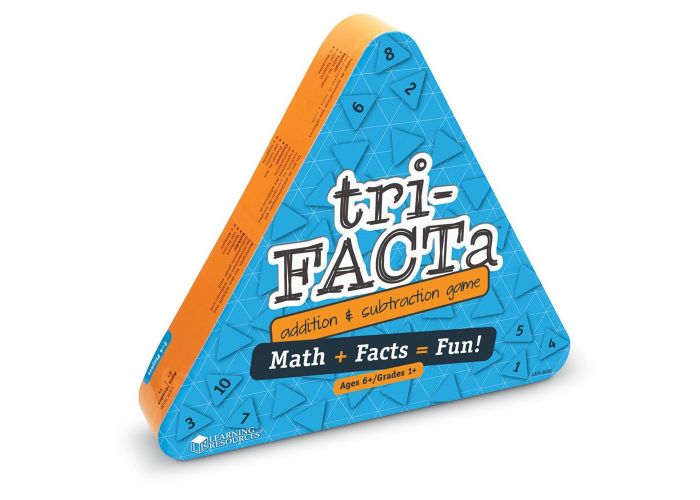
Ages 6+ players 2-4 Math Concept: Addition, Subtraction
tri-FACTa-Multiplication, and division
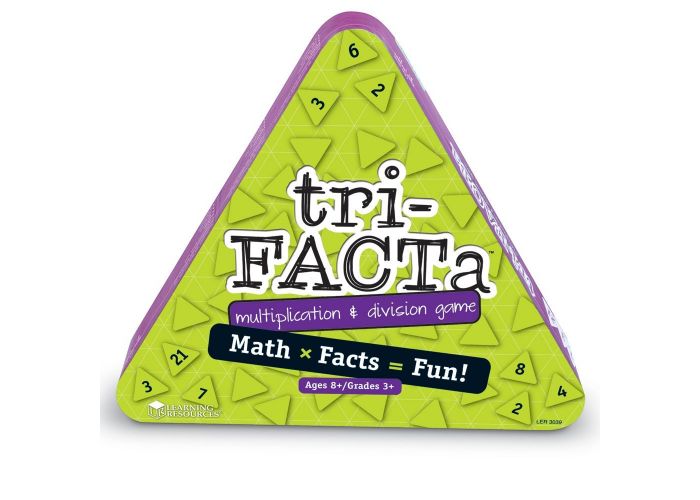
Ages 8+ Player 2-4 Math Concept: Multiplication, division
Both versions of the game offer great math practice. Great for children who like competitive games.
Clumsy Thief
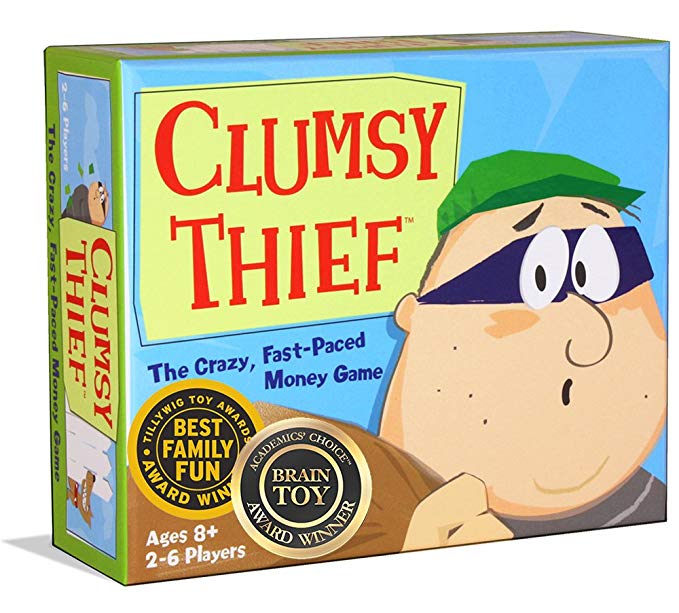
Age 8+ players 3-6 Math concept Addition to 100
A hilarious fast-paced game to practice combinations that make $100. A fun game that helps to improve mental math and speed fact recall. The game is highly competitive as the players are expected to steal money from each other!
For our younger friends check out the Clumsy thief Junior
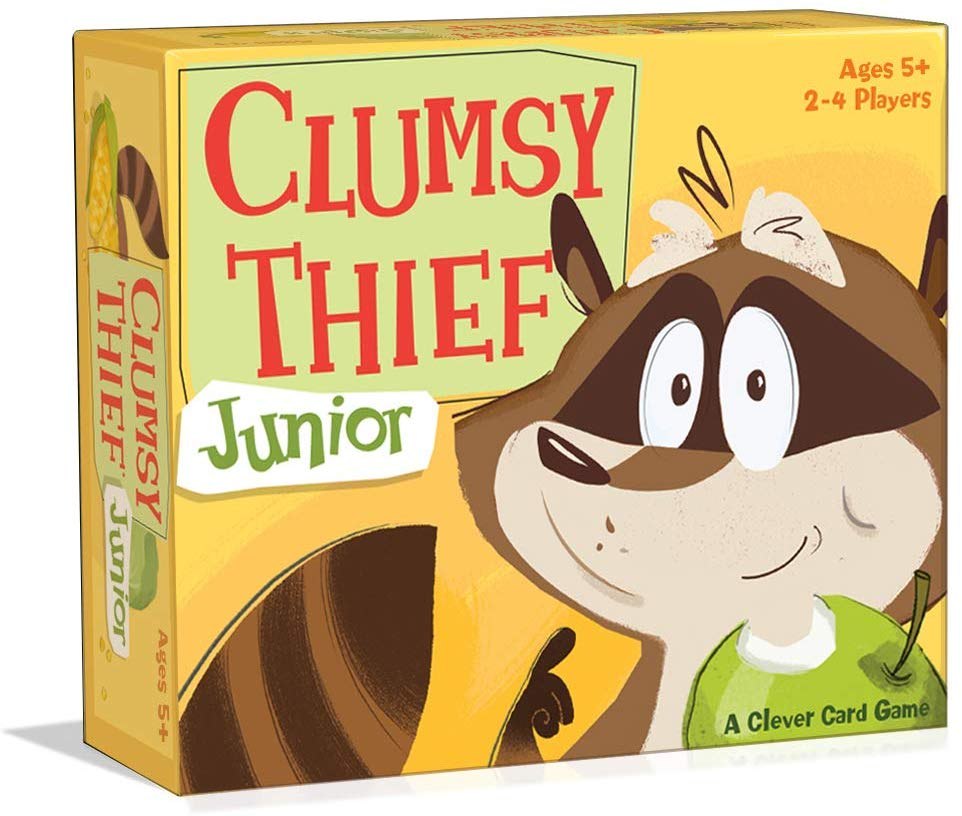
and the new version Clumsy Thief in the Candy shop in which players make combinations to make $20
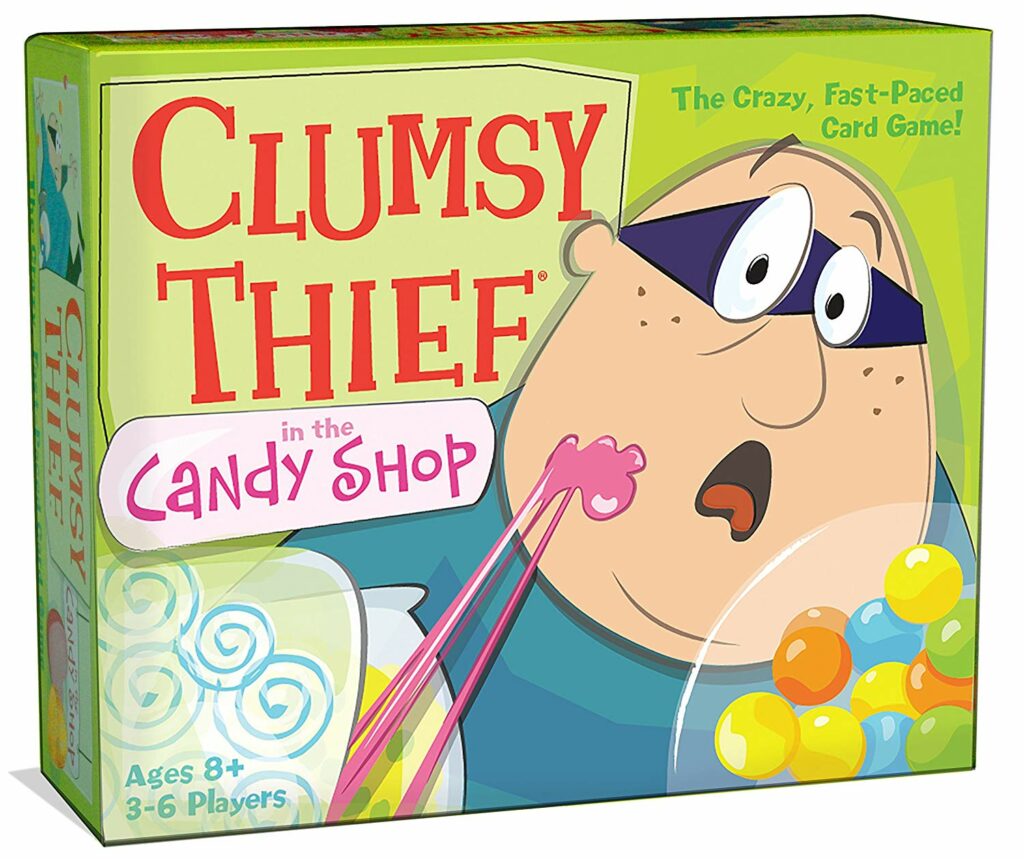
Dragon Times
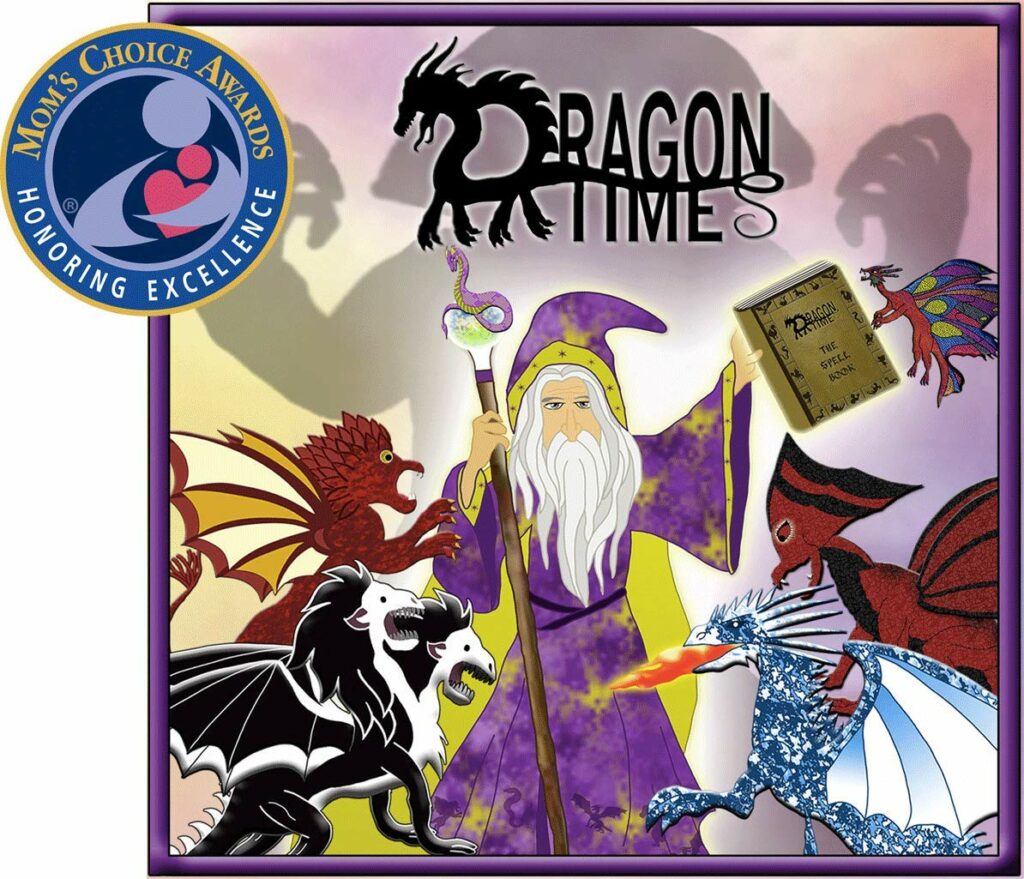
Ages 7+ players 2-6 Math Concept: Multiplication facts, factors, division
In this fantasy game, you collect dragons by multiplying magic spells. A great game to practice the multiplication facts, multiples, factors and division. Improves speed fact recall, mental math, and strategic thinking. The dragons’ attributes help the players find their factors. An interesting competitive game, especially for children that like Dragons, wizards and magic spells.
Set
Ages 8 and up
Set is a game of Visual Perception. Don’t let the basic shapes fool you. You need to think fast! Great mental exercise for children and adults. Highly recommended!

Proof: The Fast-Paced Game of Mental Math Magic!
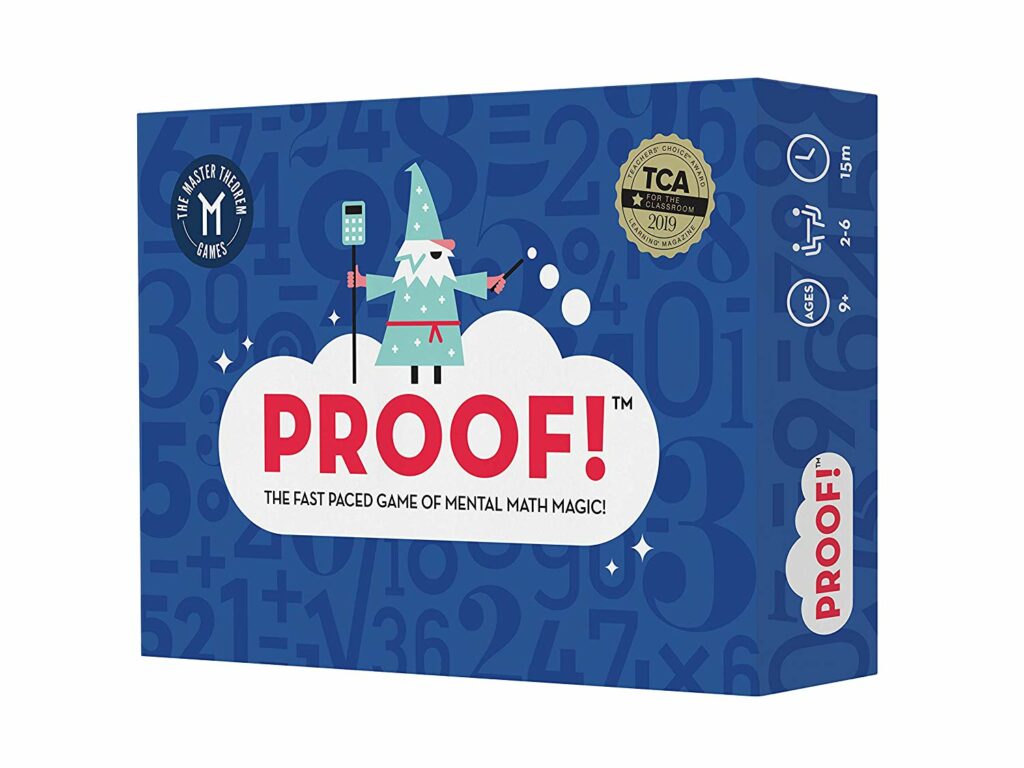
Ages 9+ Players 2-6 Math concept: Mixed Operations, Mental Math
Another great game to practice mental math skills and strategic thinking. The players need to quickly come up with equations they find within a set of 9 cards. The player with the most cards at the end wins the game. A fun fast-paced game that works with a variety of levels and ages.
Monster Sock Factory
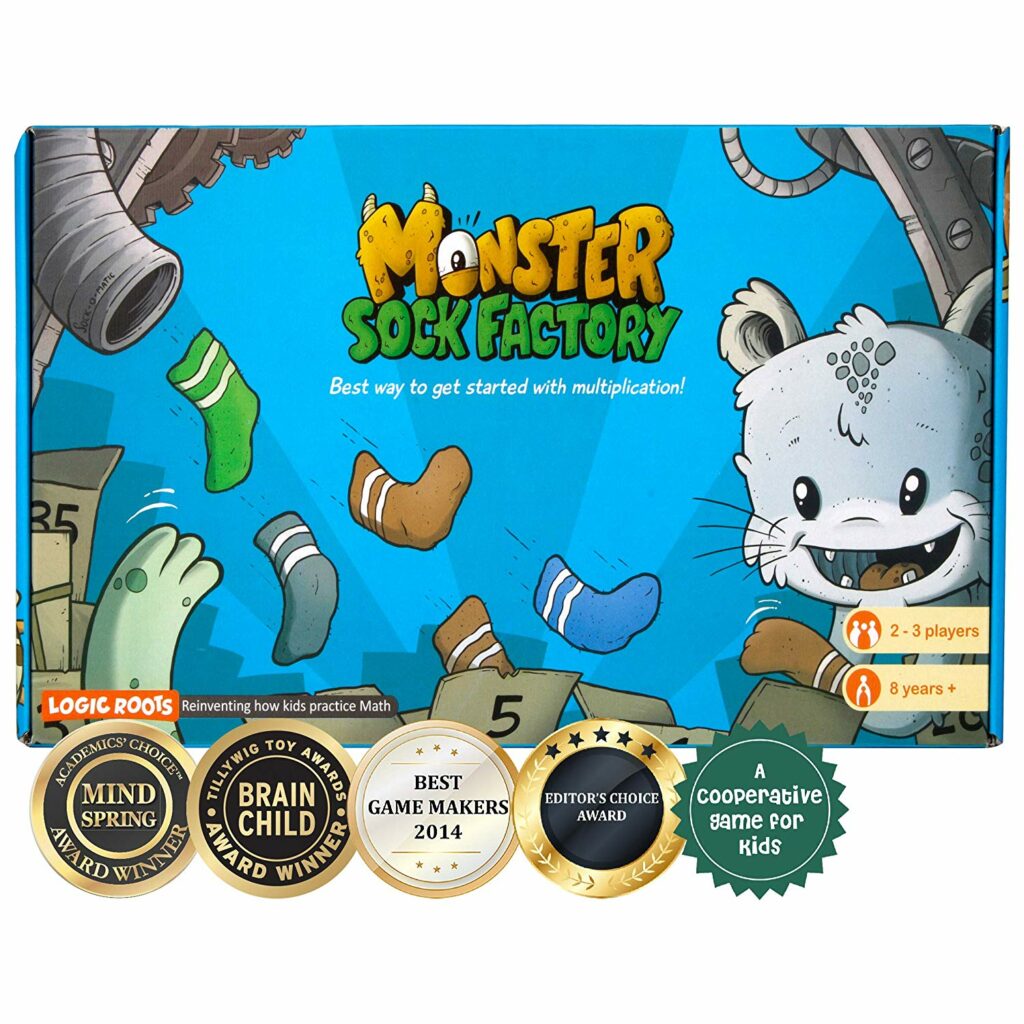
Ages 8+ Players 2-3 Math Concept: Multiplication as repeated addition.
A wonderful game for the younger mathematicians. The players help the cute little monsters dispatch sock packets using multiplication skills. As they play, children develop fluency in math skills starting with multiplication as repeated addition.
Rummikub

Ages 8 and up
A perfect game for improving mental maths skills and applying strategy. Challenging and engaging for both children and adults.
Make a Splash

Ages 6+ Mat Floor Game Math Concept: Addition, Subtraction
An oversized board game for our younger friends, “Make a Splash” helps them practice addition and subtraction, find number patterns on a grid and get comfortable with simple number sequences.
Super Math Spy
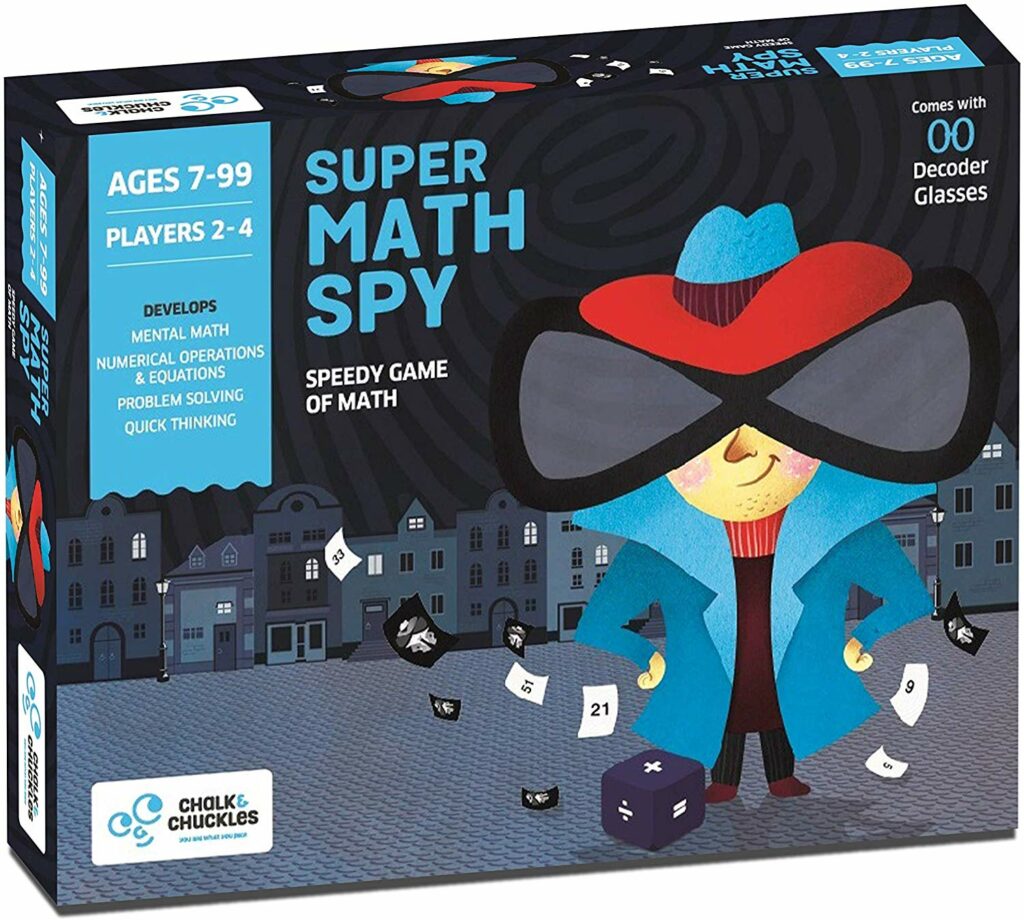
Ages 7-99 Players 2-4 Math Concept: mental math, mixed operations.
Super Math Spy is a great game for sharpening mental maths skills with quick calculations. Definitely a game that the whole family will enjoy. It comes with cool decoder spy glasses.
Stay home and sharpen your brain!
Math games sharpen mental maths skills, promote logic, strengthen problem-solving skills, improve concentration and active working memory.
Moreover, they encourage cooperation, friendly competition and they are a great way to spend time bonding with family and friends.
And last but not least, playing math games with your child is a great way to assess their progress and their understanding and offer one to one support without making them do “work’.
Check out our free print to play games made by Mathcurious for you!

